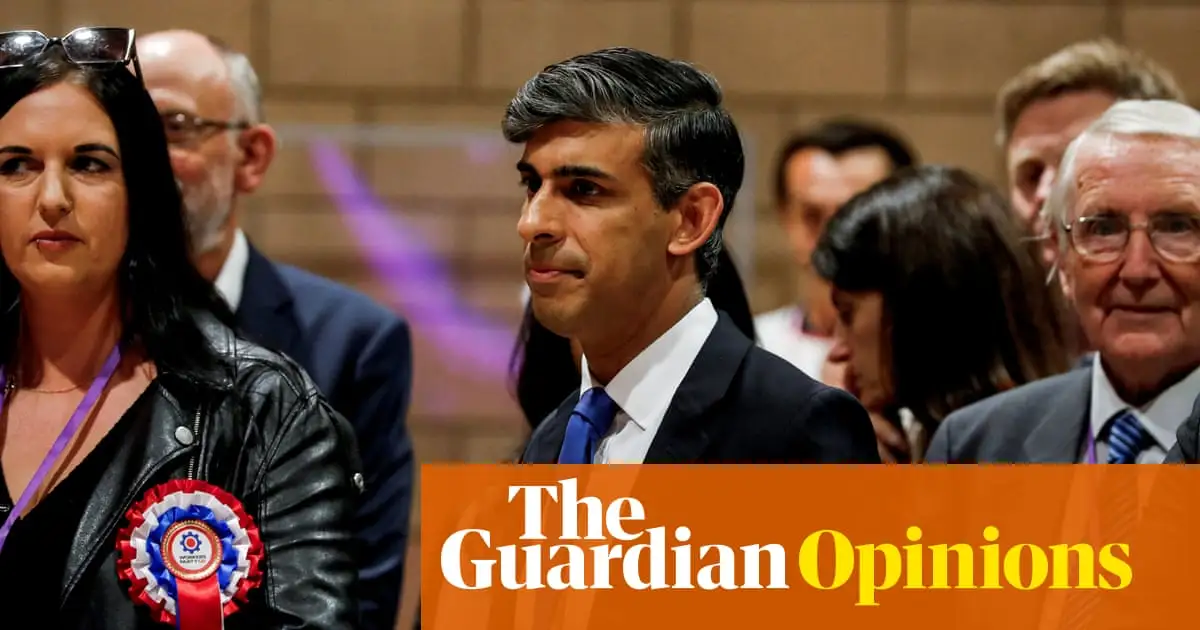I don’t know if it’s just the extent to which Conservative activists were gaslit by the polling and CCHQ’s abject campaign, but the mood among those I spoke to as the night progressed was oddly chipper, given the Tory party was set to receive the worst result in its long history.
But when it looked at one point as though it might return fewer than 70 seats, and there seemed to be the faint possibility of Sir Ed Davey as leader of the opposition, the 1997 result minus 20 or so seats suddenly didn’t look so bad.
In the short run, that psychology is welcome: it makes the odds of a complete meltdown, and a shotgun marriage with Reform UK, much less likely. The important thing is that it doesn’t run over into complacency – this is still a horrific result, and the Conservatives’ internal reckoning must face up to the scale of the disaster.
The question now is who is going to oversee that reckoning? For as Labour ministers get their feet under their desks and begin the act of being performatively shocked by the real state of the books, the Conservatives are about to plunge into a leadership contest.
Voters have already winnowed the field: Grant Shapps, always an outside bet, is out in Welwyn Hatfield. More significantly, Penny Mordaunt lost a close-fought race in Portsmouth North. That means the Tory left, never the most potent force in these contests, has lost its most plausible champion.
Yet the hard right hasn’t had a good campaign either. Suella Braverman won in Fareham and Waterlooville, and will certainly be a contender in the contest to come. But while Reform UK won a lot of votes, its failure to deliver on the promise of the exit poll will undermine any push for an immediate deal.
At one point, whether or not to reach an accommodation with Farage looked set to be the defining split of the race. But after six weeks of thoroughly toxifying their brand, the other candidates are all playing down the idea of a deal with Reform UK.



Tall order.In four years as well, meanwhile ‘Good Old Nige’ will be sliming all over the place.Slime is the word.
If Putin falls, Farage will disappear like a fart in the wind.
Hopefully soon.